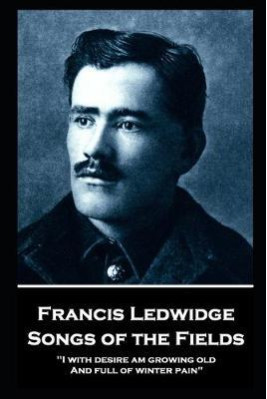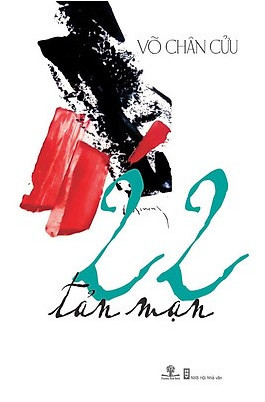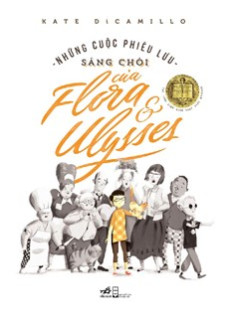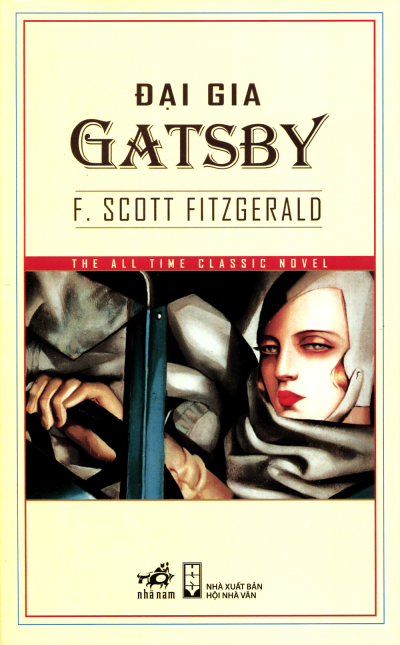Songs of The Fields
Dịch giả:
Số trang:
50 trang
50 trang
NXB:
Portable Poetry
Portable Poetry
Quy cách:
152 x 229 x 3mm
152 x 229 x 3mm
Songs of The Fields
Dịch giả:
Số trang: 50 trang
NXB: Portable Poetry
Quy cách: 152 x 229 x 3mm
Francis Ledwidge was born in Slane, Ireland on 19th August 1887 to a poor family, the eighth of nine children whose father died when he was 5 years old.
Despite the family's encouragement for education these circumstances meant Francis was forced to leave his local school at 13 and seek whatever work he could. He had a range of jobs including as a copper miner which resulted in him becoming a trade union activist and secretary to his local branch of the Meath Labour Union in 1913. Self educated and always in his spare time writing poems which were published in local journals, Francis attracted a well known man of letters and patronage who was well connected in literary circles both in Dublin and London - Lord Dunsany. This brought his work to the attention of among others WB Yeats and Katherine Tynan and resulted in the publication of his first, and well received, collection of poetry entitled Songs of the Fields.
However, Francis was an active patriot and nationalist who due to Ireland's involvement in the WWI enlisted, despite the offer of a regular stipend from Dunsany if he did not go to war and a faction of Irish nationalists condemning fighting with the British.
His army career serving with the 1st Battalion of the Irish Regiment the Royal Inniskilling Fusiliers was successful with him rapidly becoming a lance corporal.
Ledwidge fought at Gallipoli and continued throughout the war years to write poems.
On July 31st 1917 whilst road laying for the Battle of Ypres a German artillery shell exploded and it was reported 'Ledwidge killed. blown to bits'. He was 29 years old.
There is a memorial near Ypres dedicated to his memory and he is buried nearby at Artillery Wood cemetery.
The cottage where he was born is now a museum as his work has subsequently been celebrated by an ever increasing public and formed part of the Irish school syllabus where he is known as the Poet of the Blackbird.






